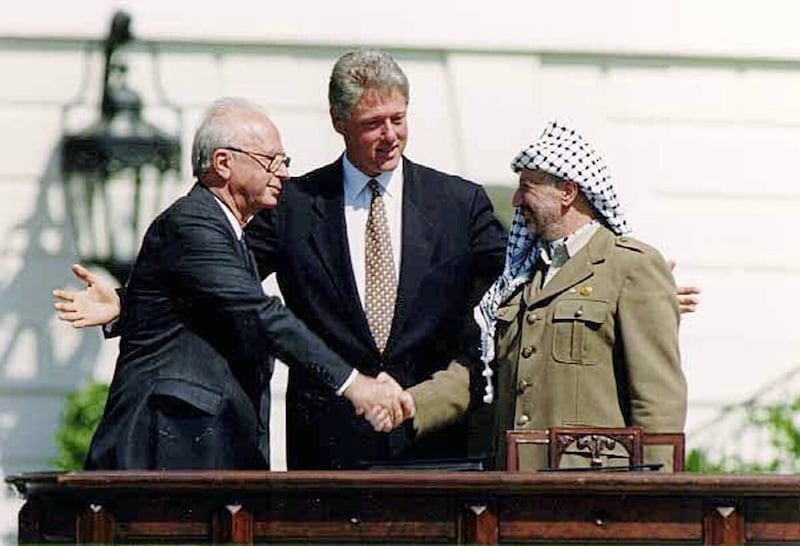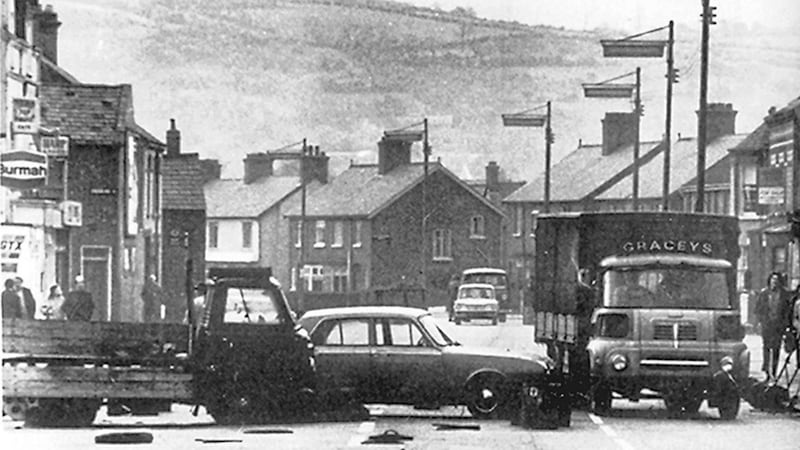April 23 1974
A trade union chief yesterday hit out at loyalist plans for a general strike. The stoppage threat made by the Ulster Workers’ Council which warned: “Industrial life will be brought to a standstill until the demands of Protestant workers are met”. These include fresh Assembly elections and “an immediate end to violence”.
The loyalists said the strike will begin within a month and go on until their aims are achieved.
Yesterday’s criticism of the Workers’ Council plans came from Mr William Blease, general secretary of the Irish Congress of Trade Unions, who said: “We are confident the common sense of the vast majority of Northern Ireland trade unionists will prevail and they will see the utter folly of this form of industrial sabotage which will achieve nothing useful.
“But it is certain to lead to loss of wages, creating further hardship and suffering to workers and their families, and jeopardise jobs, and future employment.”
The ICTU had always opposed sectarian-motivated strikes, Mr Blease added. Northern Ireland workers should be warned against persons “who seek to use their trade union organisation in a narrow party political power struggle and persons, who, in no way, could be considered friends of the workers”.
Strong condemnation from the ICTU of the Ulster Workers’ Council threatened strike to bring Northern Ireland to a standstill.

Yitzhak Rabin Elected Successor to Golda Meir
Mr Yitzhak Rabin (52) was last night elected as the Israeli Labour Party’s new leader to succeed retiring Prime Minister Golda Meir. In a secret ballot, the Labour minister gained 298 votes against 254 for his rival, Information Minister Shimon Peres (51). A total of 558 votes were cast including six blank.
The vote paves the way for the Labour Party to request President Ephraim Katzir to ask Mr Rabin to try to form a new coalition government. He would have 21 days to try and could seek another 21 days’ extension.
If he fails, the President can call on other party leaders to try, or new elections must be called.


